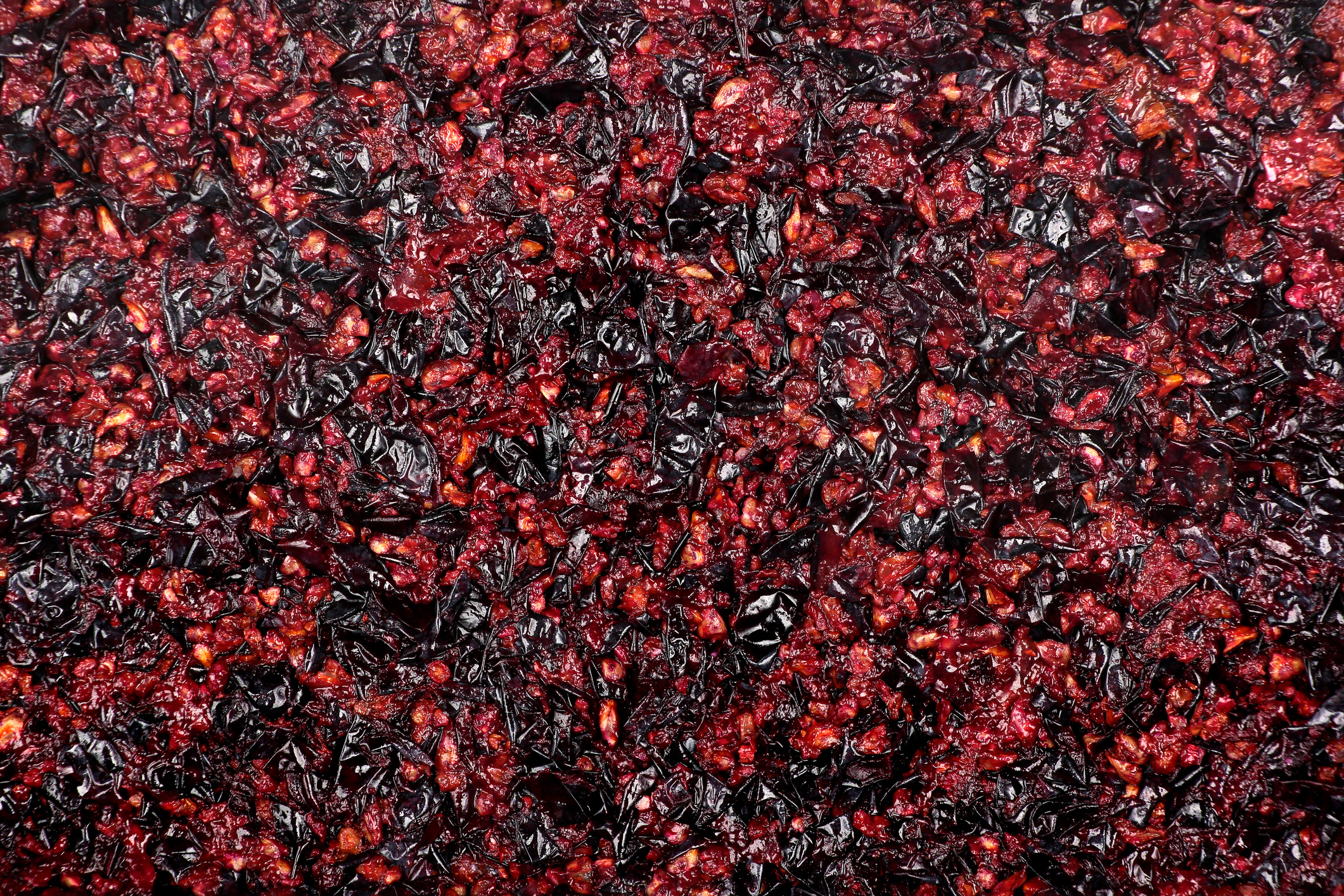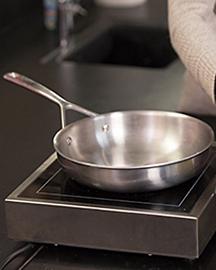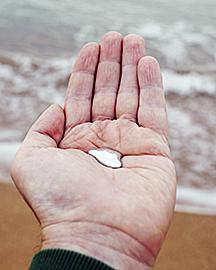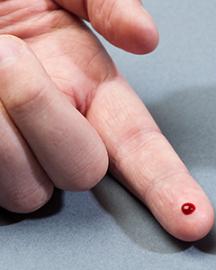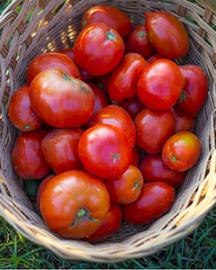Turning Wine Waste into Gut Power
Millions of tons of wine grapes are grown in California annually. That’s good news for wine drinkers. Unfortunately, approximately 40 percent of wine grape harvest is waste. ARS researchers at the Healthy Processed Foods Research Unit in Albany, CA, have teamed up with wine growers to determine whether waste from wine grapes can be converted into healthy food components.
Previous research found that grape seeds, skins, and juices contain natural substances that may have health benefits, such as reducing the amount of bad gut bacteria, introducing more healthy gut bacteria, and decreasing chronic inflammation in the body. ARS researchers are studying whether they can add these natural substances from grape waste into foods that we eat every day, and perhaps one day help reduce the risk of chronic metabolic diseases that begin in the gut, such as diabetes, heart disease, and high blood pressure



